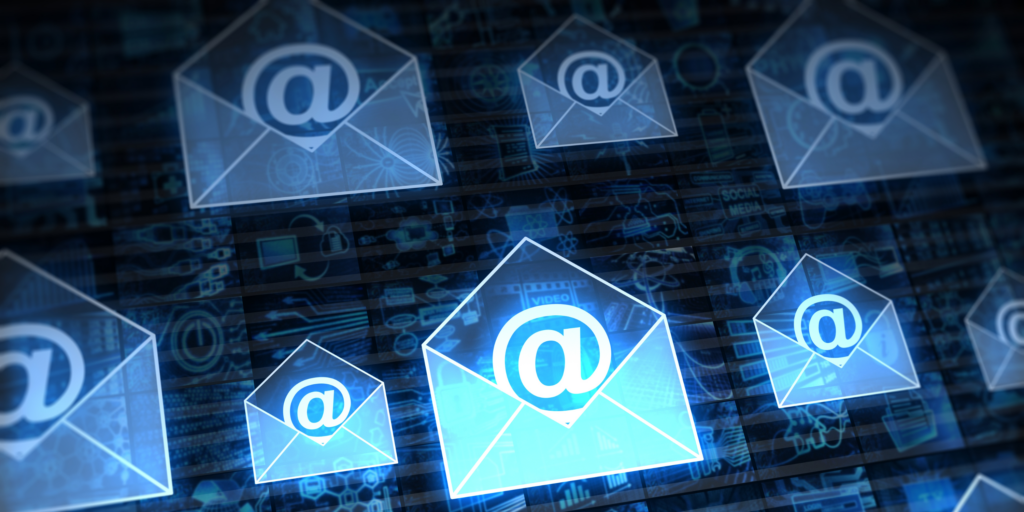
Creating a professional email that stands out in a world where the average office worker receives 121 emails daily is not just a skill but an art.
Brevity and levity stand out as crucial yet frequently overlooked strategies among the various tools in an experienced professional’s email toolbox. However, how can you improve your correspondence skills by learning these terms and what do they signify in the context of email communication? Let’s get started.
What is Brevity in Email Communication?
The capacity to convey information clearly and concisely is known as brevity. It’s all about keeping your message professional and clear while using the fewest words feasible. I think being brief in email correspondence is not only polite but also required. Emails that are too long may overwhelm recipients and make it difficult for them to remember your main points.
When to use Brevity
-
- Routine Updates: For status reports or project updates, keep to the facts. Bulleted lists work wonders here.
- Example: “The project is on track. Key milestones achieved this week include A, B, and C.”
- Quick Responses: When addressing a simple question, there’s no need for lengthy introductions.
- Example: “Yes, I’ll have the report ready by Friday.”
- Request Emails: State what you need and why—concise and to the point.
- Example: “Could you review the attached document by EOD tomorrow? Thank you!”
- Routine Updates: For status reports or project updates, keep to the facts. Bulleted lists work wonders here.
Being brief respects the reader’s time and makes it more likely that they will read and act upon your message. Using Brevity and levity together depending on context may confuse your audience.
Levity in Email Communication: What Is It?
Levity is the use of humor or lightness to build rapport and reduce stress. A lighthearted tone, a well-chosen joke, or a heartfelt farewell can all be used in business emails. It gives digital communications a personal touch, which makes your emails more interesting and approachable.
When to Use Levity
- Building Relationships: Use a friendly tone to connect with colleagues or clients.
-
- Example: “Happy Monday! Hope your weekend was as relaxing as you planned.”
- Easing Tension: A touch of humor can help de-escalate tense situations.
-
- Example: “Looks like we’ve found another case for the email detective agency—let’s solve this mystery together!”
- Celebrations and Achievements: Recognize milestones with a cheerful note.
- Example: “Kudos to the team for smashing our sales goals this quarter—you’re all rock stars!”
Despite its immense power, levity needs to be utilized carefully. Always adapt your tone to the recipient’s tastes and the purpose of the email to avoid misunderstandings.

Brevity vs. Levity: Choosing the Right Approach
The decision to prioritize brevity or levity depends on the email’s context:
- Brevity: Opt for brevity in formal, transactional, or time-sensitive emails.
- Levity: Use levity in informal, relational, or celebratory emails to strengthen connections.
Sometimes, a balance of both is appropriate. For example:
- Brevity: “Congratulations on your promotion!”
- Levity: “You’re going to crush it in your new role—just don’t forget us when you’re the CEO!”
Benefits of Improving Email Correspondence Skills with Brevity and Levity
- Enhanced Professionalism: Thoughtfully crafted emails showcase your attention to detail and communication skills.
- Stronger Relationships: Emails with the right balance of brevity and levity foster trust and rapport.
- Increased Productivity: Clear and concise communication reduces back-and-forth exchanges, saving time for both sender and recipient.
- Better Brand Representation: For marketers, polished email etiquette ensures that your brand’s voice remains consistent and professional across all interactions.
- Higher Engagement Rates: Emails that are engaging yet to the point are more likely to be read and acted upon, whether it’s a pitch, a proposal, or a follow-up.
Email etiquette is a strategic advantage, not just a matter of professional respect. You can stand out in packed inboxes, improve connections, and communicate more effectively by using levity and brevity in your correspondence. Improving your email abilities is an investment that will provide greater outcomes and deeper relationships, regardless of your role as a team member, marketer, or business leader.




